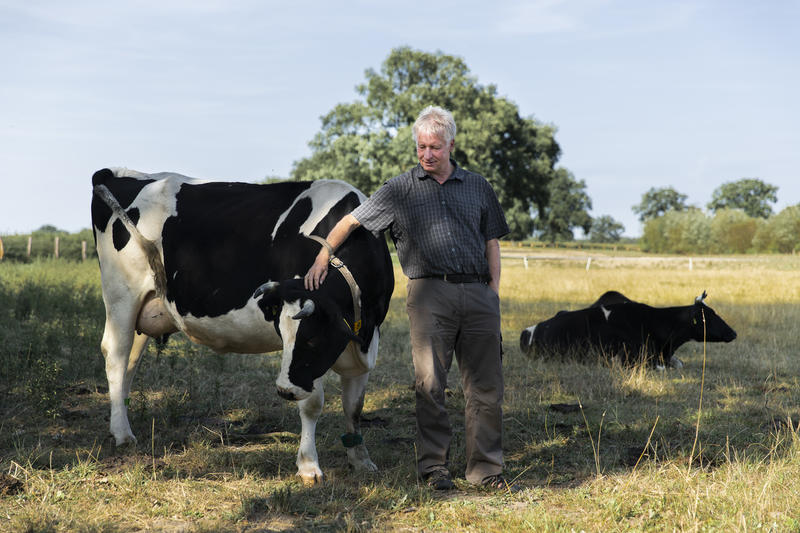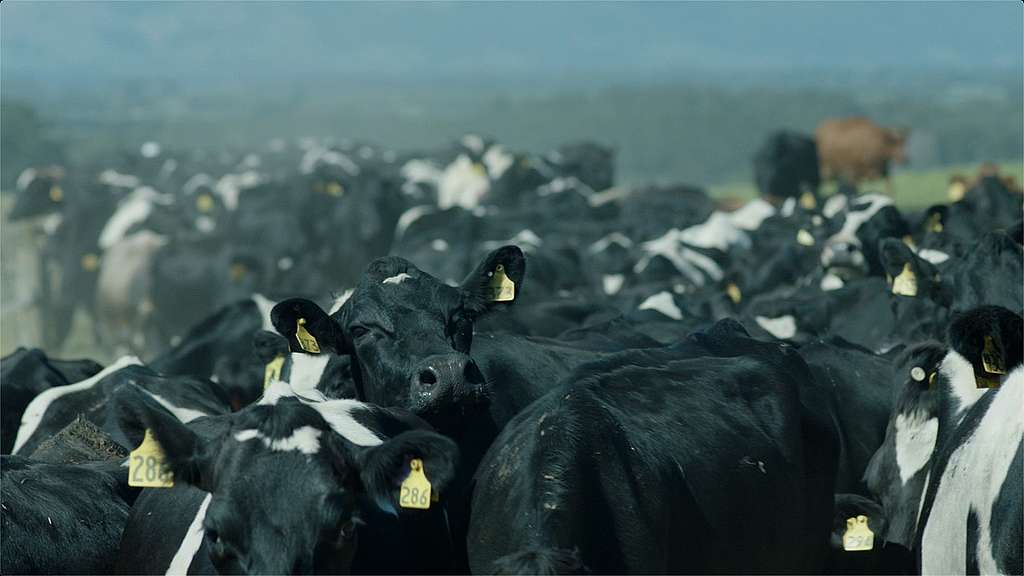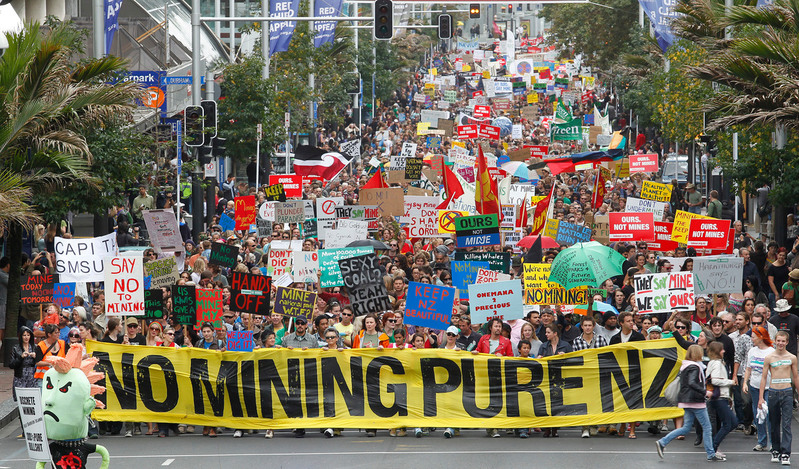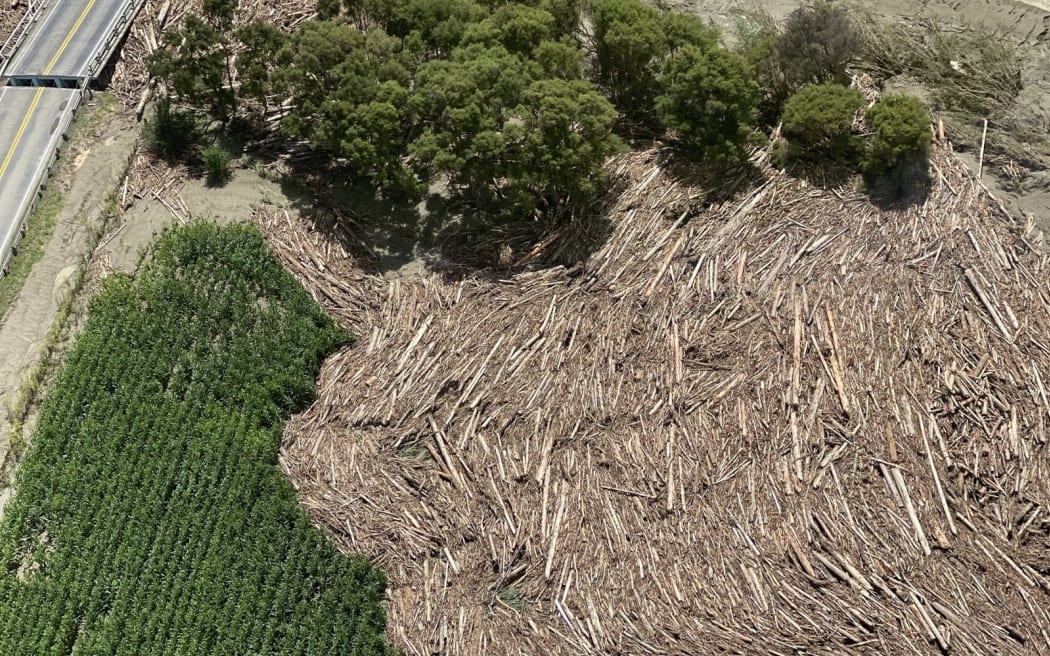Australian PM Scott Morrison has highlighted NZ’s failure to commit to reducing farm methane emissions. The perfect riposte to ScoMo is to demand our Government fix that huge methane and nitrous hole in our climate policy – before the whole world realises we are far from world leaders when it comes to climate policy.

Hands up if you’ve swapped your car for a cycle commute in the name of the climate.
We all know we have to ditch fossil fuels if we want to have a hope of curbing the climate crisis. But if we took all the cars off the road, all the planes out of the sky, and all the ships off the water tomorrow, would that solve the biggest existential challenge of our time?
A new study, published in the journal Science, says no. Because of how we’re growing the food we eat.
Even if we could immediately stop all global emissions from burning fossil fuels (which we have shown few signs of being able to do), emissions from food and farming practices would likely push the planet over 1.5 and 2 degrees temperature rise above pre-industrial levels.
That 1.5 degree limit on global heating is the bare minimum agreed at the Paris climate conference to reduce the climate catastrophes we’re already seeing – like unprecedented wildfires, and more frequent and intense droughts, floods and storms.
Roughly a third of global greenhouse gas emissions come from agriculture, in total an average of 16 billion tonnes of carbon dioxide equivalents a year. These mainly come from deforestation for agriculture (carbon dioxide), digestion by cattle and other livestock (burping methane) and the production and use of artificial fertilisers like urea (carbon dioxide, and nitrous oxide).
As the world’s population increases, and more land is cleared for food production, these are projected to increase by around 80% (or a cumulative 1,356 billion tonnes by 2100) thanks to our current unsustainable farming practices.
The study’s key message couldn’t be clearer. We need extensive and unprecedented changes to the way we farm. Urgently.
In New Zealand, agriculture is New Zealand’s biggest climate polluter, responsible for 48% of New Zealand’s emissions. Industrial dairying is responsible for most of that. But for too long it has been treated like New Zealand’s dirty climate secret. We tiptoe around it; we carve out exemptions; and we manage to convince ourselves that we’re a milk powder producing nation feeding the world and we can’t change business as usual.
This week, even Australia’s coal-loving Prime Minister Scott Morrison, who has yet to implement a net zero emissions target, has named and shamed New Zealand for the fact that our commitment to zero carbon by 2050 excludes methane from agriculture.
That’s humiliating.
In 2017, Jacinda Ardern described climate change as ‘her generation’s nuclear free moment’, but we’ve yet to see real climate action on agriculture from the Ardern government. Surely such an indictment from ScoMo should serve as a prompt to tackle agriculture head on. As the world’s biggest dairy exporter, New Zealand has a key role to play in leading a transformation of our food and farming systems.
The good news is that there are obvious ways to achieve this.
The key starting point is to phase out the climate polluting input, synthetic nitrogen fertiliser, that drives intensive dairying. In a statement, one of the study’s authors said that about 40% of all future climate heating from agriculture may come from nitrous oxide caused by fertilizer.
Globally, farmers have been relying on more and more synthetic fertiliser, enabling quick grass growth and more cows to be squeezed onto the land. Here in New Zealand, we use roughly half a million tonnes of synthetic nitrogen fertiliser every year. Its use has increased over 600% since 1990. It’s made using fossil fuels, and when applied to land, that huge amount of fertiliser emits more greenhouse gases than our entire domestic aviation industry.
While the Government recently put a (high) cap on fertiliser use in the 2020 freshwater rules, we need this to be a sinking cap and for the Government to phase out synthetic nitrogen fertiliser for good. Fortunately, studies have shown that reducing synthetic nitrogen use and livestock numbers can actually produce better profits for farmers.
We also need to bring in a price on New Zealand’s agriculture emissions and put real investment into regenerative farming that works with nature, not against it.
We don’t need to stop farming, just farm better. There are ways to produce food that don’t put our lives and our children’s lives at risk.
The perfect riposte to ScoMo is to acknowledge our Government’s agricultural blindspot that’s there for all the world to see, and get them to fix that huge methane and nitrous hole in our climate policy.
The trick will be doing it before our other trading partners start realising that, unlike our Covid performance, we are far from world leaders when it comes to climate policy.
Originally published on Newsroom.

Sign on now to call on the New Zealand Govt to ban chemical nitrogen fertiliser.
Take Action


